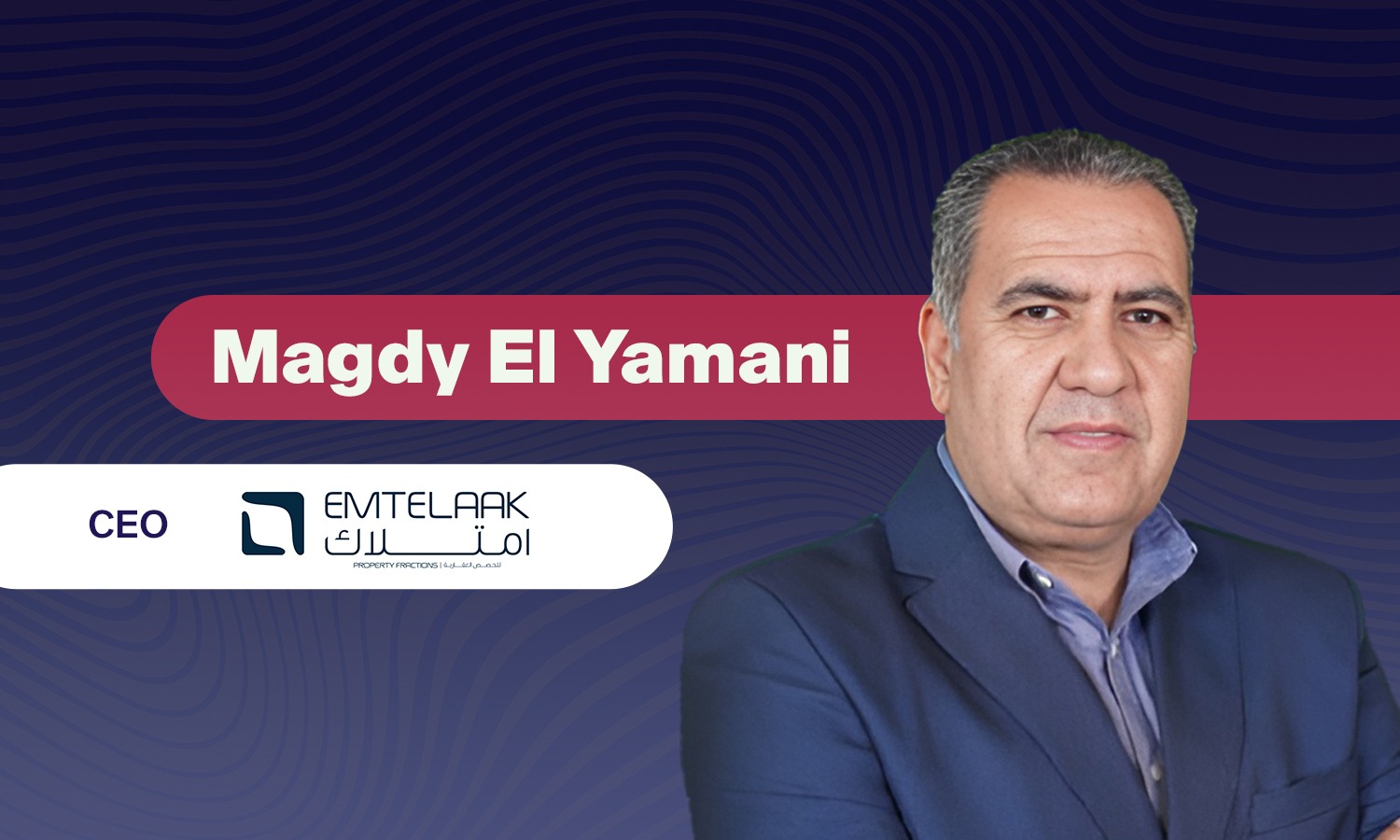Budget Literacy: Investing in Egypt’s Youth and Long-Term Stability
Updated 9/21/2025 9:00:00 AM
A government's budget is more than just a spreadsheet of numbers; it reflects national priorities, outlines a roadmap for development, and serves as a powerful tool for social and economic policy. Yet for many citizens, this critical document remains an inaccessible and confusing maze of complex terminology and fiscal data.
This challenge is particularly true for young people, who stand to be the primary beneficiaries, or bearers, of long-term economic decisions. In this regard, the Egyptian government is working to facilitate access and simplify the budget to support citizens' engagement and inclusion.
Budget Literacy Builds a More Engaged and Accountable Society
Budget literacy is the ability to understand, analyze, and engage with a government's financial plans. Globally, it is a cornerstone of good governance and a transparent, accountable society.
Economist Ahmed Ghaly tells Arab Finance: “In any modern economy, the national budget is more than just a set of numbers; it is a reflection of the national vision, an embodiment of commitments to citizens, and a critical tool for prioritizing development.”
“In Egypt, with its large youth population, the issue of 'budget literacy' and the inclusion of this vital segment in economic discourse have become paramount. Initiatives that simplify the budget, such as the ‘Citizen Budget,’ not only enhance transparency but also build a new generation capable of actively participating in shaping the country's economic future,” Ghaly adds.
Meanwhile, Economist Ali Metwally says: “Budget literacy is crucial in a country like Egypt, where young people make up the majority of the population and will bear the long-term costs and benefits of fiscal policy. When youth understand how revenues are raised and expenditures are allocated, they become more engaged citizens, more effective entrepreneurs, and better investors in their own future.”
Egypt’s Transparency Journey
In recent years, Egypt has made significant strides in fiscal transparency. The Ministry of Finance is working to facilitate budget understanding and increase transparency. These include the issuance of a simplified "Citizen's Budget," expanding community participation through "Participatory Budgeting," and regularly releasing financial data and information. It is also working to align budget preparation and implementation procedures with international practices to enhance transparency and efficiency.
These efforts are reflected in Egypt's performance on global transparency rankings. In the 2023 Open Budget Survey, Egypt ranked 63rd out of 125 countries in overall budget transparency, an improvement of six spots from its position in 2021.
According to Ghaly, “Egypt has witnessed a notable improvement in its transparency and governance indicators in recent years, driven by intensive government efforts. This progress can be attributed to several factors, most notably: the Citizen Budget Initiative, digital transformation that makes government financial data more accessible, and legislative reforms such as the General Planning Law No. 18 of 2022, which emphasizes the importance of community participation in the planning process.”
Building Trust and Stabilizing Future through Budget Literacy
Simplifying the budget has far-reaching economic benefits, transforming it from a mere policy document into a public good, according to Metwally. For example, the fiscal year (FY) 2025/2026 budget introduced a digital dashboard to make complex data on health, education, and social protection accessible to all citizens, directly linking spending to the Sustainable Development Goals. While challenges like data consistency remain, these innovations have made fiscal data more transparent than ever before.
“Greater transparency tends to reduce the trust deficit between government and citizens, which is critical in a country where tax compliance is low and informal activity remains high,” Metwally notes. “When people understand where their taxes go, voluntary compliance can improve, broadening the revenue base.”
He adds that clearer communication about spending enables parliament and civil society to advocate for better resource allocation in key areas like infrastructure and healthcare. Over time, transparency can even reduce borrowing costs, as investors perceive public finances as more predictable.
“In short, budget literacy is not only about civic education; it is also a foundation for stronger fiscal credibility and better economic outcomes,” Metwally concludes.
Involving youth in budget planning and monitoring is more than a social goal, it is an economic necessity with tangible benefits. Ghaly explains, “When youth participate in prioritizing spending, they can help direct resources toward projects that meet their real needs, such as investments in technical education and support for entrepreneurship. This increases the return on government investment.”
Furthermore, increased budget literacy can raise awareness of economic opportunities. Ghaly argues that financially literate youth are better equipped to start and formalize small and medium-sized enterprises, which contributes to job creation.
Transparency and accountability that come with effective youth participation also help curb corruption and mismanagement, freeing up funds for vital sectors like healthcare and education.
As Ghaly summarizes, engaging youth “instills a sense of ownership and responsibility for their country's future, strengthening trust between citizens and government institutions, a vital factor for long-term stability and development.”
Egypt's commitment to budget literacy is a strategic investment in its future. By simplifying the national budget and actively engaging its citizens, especially its large youth population, the government is improving fiscal transparency and laying the groundwork for greater trust and stability.
The introduction of initiatives like the Citizen's Budget and the promotion of Participatory Budgeting is transforming public finance from a complex, inaccessible topic into a public good.
By Sarah Samir
Related News












